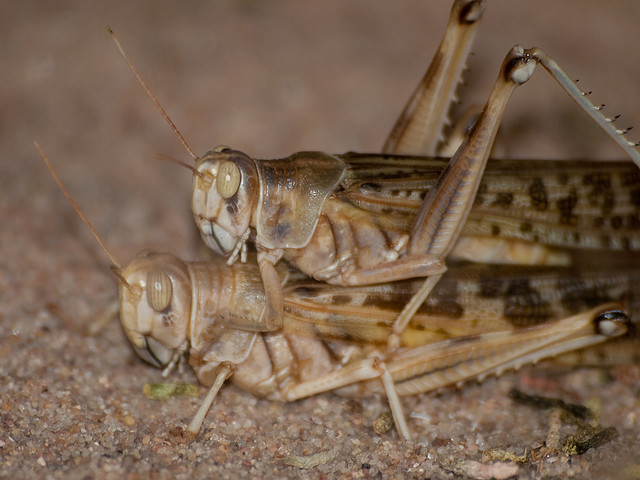
Almost a year and a half after protests led to a coup removing elected president Marc Ravalomanana from power, the island state of Madagascar remains in political deadlock. The current rule of Andry Rajoelina, a young man born into a well-off family who rose to prominence as a disc jockey, remains paralyzed and isolated. Formal development is reeling, with hundreds of millions of much-needed aid dollars frozen by donors.
As a consequence of the illegitimate removal of an acting head of state, governments around the world declared Madagascar a pariah state. The Obama administration suspended Madagascar from the Africa Growth and Opportunities Act in December 2009, which resulted in the suspension of the country’s trade benefits. The African Union, the EU and the South African Development Committee all followed suit, quickly forcing punitive sanctions upon the country, thereby devastating the country’s already feeble industrial sector. With hundreds of thousands of jobs lost, a humanitarian crisis now seems an imminent threat.
Since 2009, numerous international mediators have tried to broker power-sharing deals between Mr Rajoelina, three of the country’s former leaders, and over 150 further parties active in Madagascar today. Yet the deals all collapsed in petty bickering over the allocation of ministerial posts. Finally, on 13 August 2010, an accord was agreed on, calling for a constitutional referendum to be held on 17 November, parliamentary elections in March next year and a first round of presidential polls on 4 May 2011. However, in the past Mr Rajoelina has repeatedly produced timetables for elections and constitutional referendums, but none has been carried out.
For the average Malagasy, the consequences of the political turmoil have been catastrophic. The country is plagued by skyrocketing unemployment, and has now become one of the poorest in Africa, with more than 70 percent of its population living on less than $1 a day. As a result, the islanders are moving to exploit their last available riches – the country’s natural resources. Taking advantage of the crisis, Malagasy timber barons are robbing the island nation of its natural heritage, cutting down rare species of rosewood trees in poorly protected national parks and exporting the valuable logs to China. For a country known for its extraordinary ecological biodiversity and mineral wealth, this pillaging of natural riches will have devastating long-term consequences.
As if this wasn’t enough, a further tragedy is already on its way. According to a report by the UN Food and Agriculture Organization, Madagascar is today at risk of running into a significant plague of crop-eating locusts. Propped up by the unique weather conditions this year, swarms of locusts have been forming in the southern part of the island, and are now threatening the livelihoods of thousands.
In an almost biblical way, the good people of Madagascar seem to be castigated by higher powers. The Malagasy face an incapable, corrupt and authoritarian rule on the one hand and nature’s merciless revenge on the other. It is now up to their leaders to finally recognize the error of their ways – Madagascar’s future is hanging in the balance.

